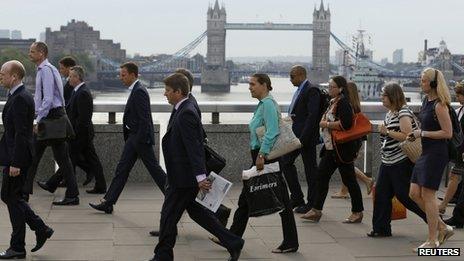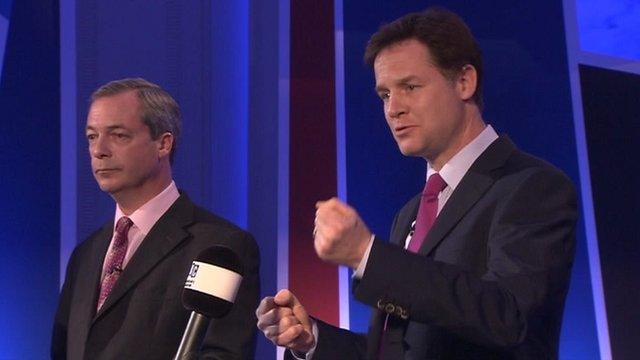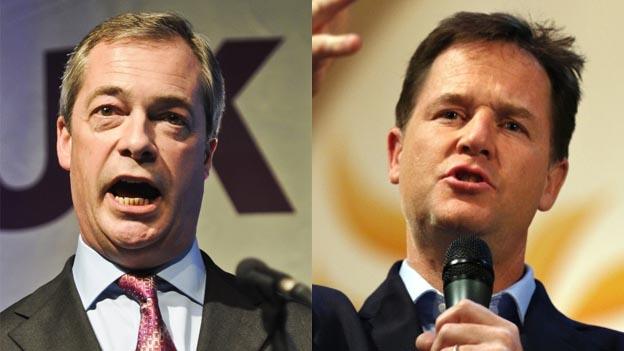Full employment - what does Osborne mean?
- Published

Levels of employment are at a record high in the UK
A Tory chancellor promising full employment? George Osborne meant to surprise.
He meant to take a large step onto what has traditionally been seen as Labour turf.
He meant to draw a contrast with the Tories' past and the infamous claim that "unemployment was a price worth paying".
Why?
His aim was to identify an economic ambition which people can connect with emotionally; one which is forward looking and which highlights the surprise success of the British economy since the banks crashed - namely job creation.
He's also aware that Labour's promise of a jobs guarantee for anyone under 25 who's been unemployed for over a year is popular.
What does the promise actually mean?
It is not the traditional commitment to full employment which economists define as that level of unemployment which does not fuel a rise in inflation - the so-called NAIRU or non accelerating inflation rate of unemployment which is often put at around 5%.
His aim is for the British economy to create more jobs than Germany, Canada and Japan - countries which have higher rates of employment.
This could means creating around 800,000 or 900,000 more in addition to the 1.3 million which the Treasury claims have been created in recent years.
The Conservatives know that talking about the deficit alone risks a conversation which is more about statistics than people and highlights the fact that they are almost as far away from meeting their target as they were at the last election.
- Published26 March 2014

- Published26 March 2014
